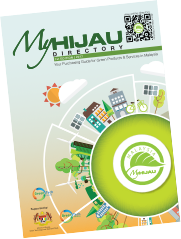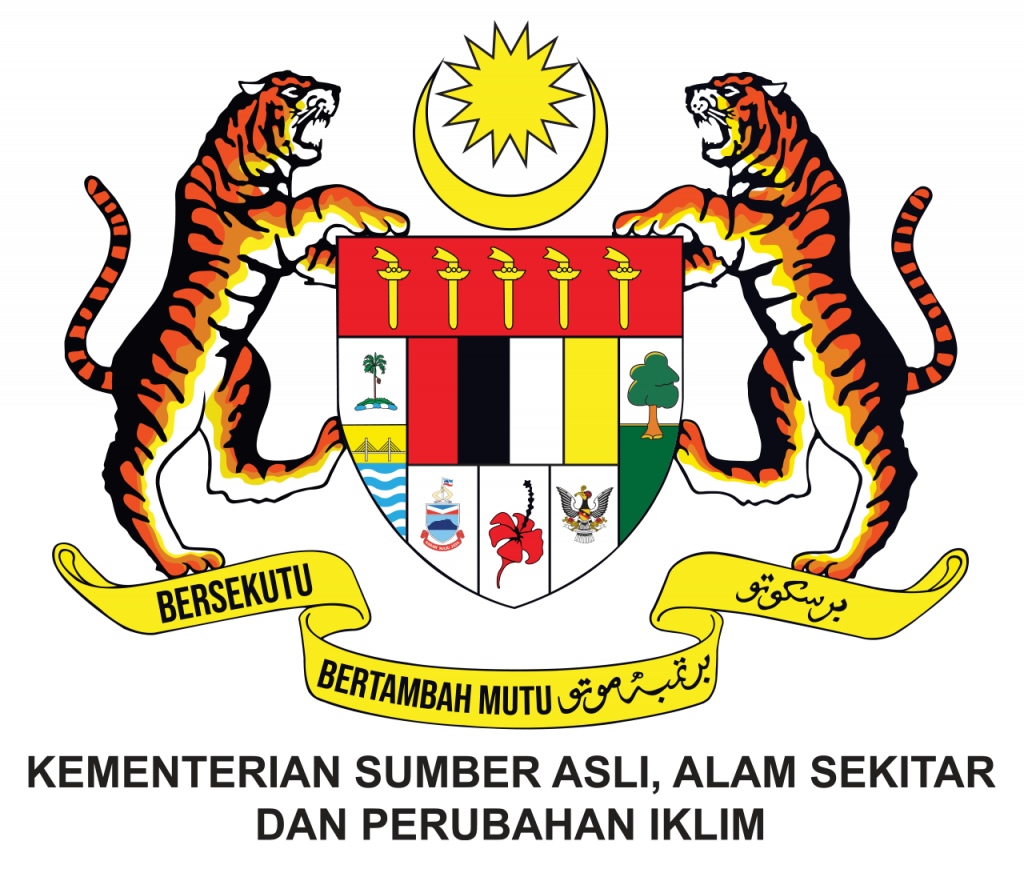PROJECT BY CONCORD GROUP
Background of the project
Lepar Hilir Biogas Power Plant located at FGV’s Lepar Hilir Palm Oil Mill in Pahang, is a Waste-to-Wealth project, conceptualized by Concord under the Build-Own-Operate (BOO) model. This plant treats palm oil mill effluent (POME), captures its biogas for power generation and sells 1.5MW electricity to Tenaga Nasional Berhad (TNB), which is governed by the Renewable Energy Power Purchase Agreement (RePPA) under the Feed-in-Tariff (FiT) Scheme, quota issued by Sustainable Energy Development authority (SEDA) Malaysia (SEDA).

Palm oil mills produce effluent which is considered as waste and pollutes the environment. It also releases biogas which contains methane, a greenhouse gas 21 times more potent than carbon dioxide. The captured methane is used as fuel to generate electricity that is then sold to TNB under the FiT mechanism at a fixed rate.
Concord Group sees the potential of transforming and valorizing the POME into wealth by constructing the FGV Lepar Hilir Biogas plant in Pahang, Malaysia.
This plant is financed, owned, constructed and operated by Concord under the BOO business model and was commissioned in December 2018. This project addresses greenhouse gas emission issues in the palm oil industry and valorizes it into a form of renewable energy. The development of the biogas power plant initiated a value chain of activity within the local communities which has a direct impact on three Ps (People, Planet and Profits). It promotes sustainable practices by performing a truly circular economy business model.

Project execution of this project has also set a new benchmark for this industry. It was successfully commissioned within 14 months followed by another 3 similar plants within a period of 6 months. It meets the expectations of all related project stakeholders i.e. shareholders, mill owners, financial institutions, authorities, vendors, state and federal governments.
Contribution of this project to the Industry, Country (Malaysia), ASEAN, World
Concord Group also gives back to the industry and community through Corporate Social Responsibility (CSR) initiatives such as experience-sharing programs on safety and health in biogas plants and providing internship placement opportunities for students.
A higher awareness of the benefits to use biogas as renewable energy has been embedded among the palm oil mill owners, which will bring us to achieve the collective aspiration target of 23% primary energy mix by 2035 within the ASEAN countries, being a region of palm oil producing countries.

This plant will also help Malaysia to achieve its RE target of energy generation mix to 20% by 2025.
In long run, the world will change their perception towards palm oil industry with these sustainable practices.
We capture biogas to reduce the climate change effect of the palm oil industry and simultaneously generate green energy to reduce the dependency on fossil fuel as the world moves towards renewable energy and diversification of energy sources.
Overall, the success of this initiative has proven that renewable energy can provide a great business model, while contributing to sustainability in this industry.





